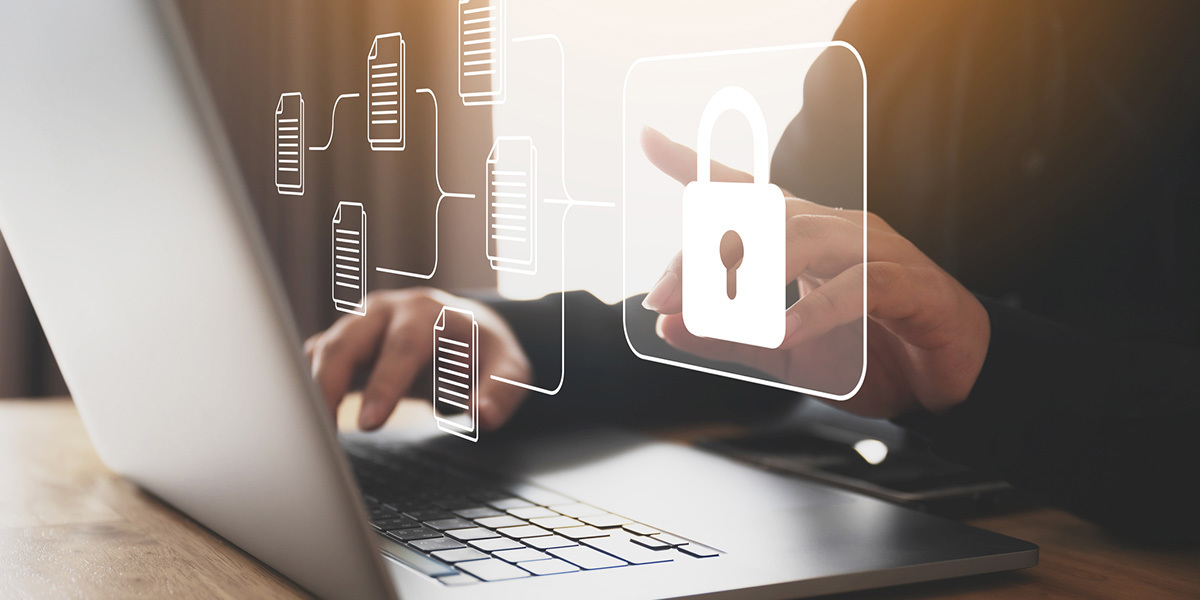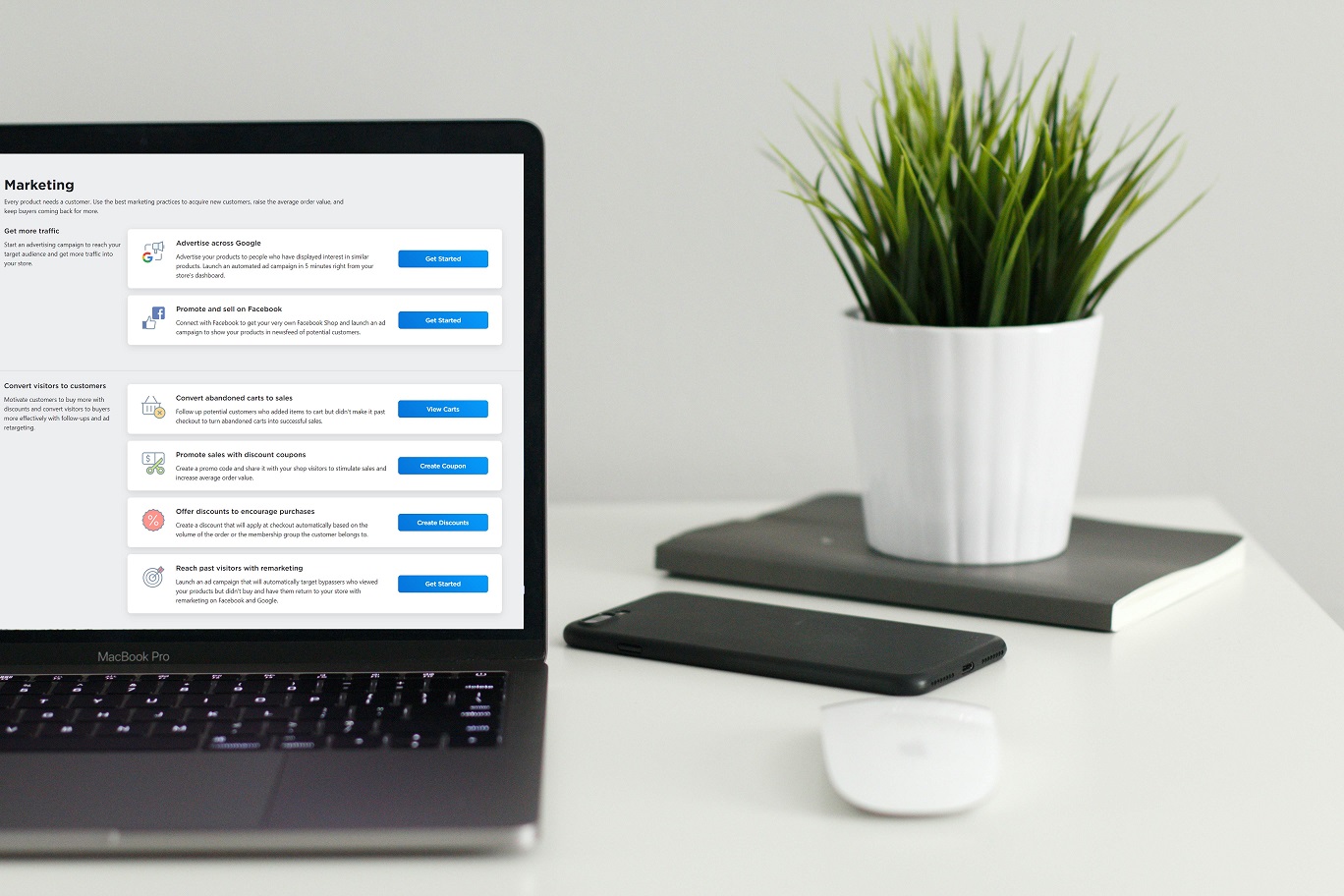
How can SMBs combat AI-driven cyberthreats
Learn how you protect your business from AI driven ransomware with clear steps for updates, backups, access control, and staff training.

Every year, small business owners lose millions of dollars to fraud. With identity theft, chargeback fraud, online, and in-store scams, there are several ways fraudsters can target your business. In this edition of Moneris' Blue Book of Business Scams, we'll cover online scams and share easy steps you can take to prevent fraud.
So far in this blog series, we've covered several scams that target small businesses, from phone and in-person scams to in-store purchase fraud. Now we're turning to online and exploring the internet scams that could threaten your small business.
While credit card fraud is an apparent online threat for retailers, other online scams also affect small businesses. If you're not vigilant about protecting yourself as an individual, you could leave your business vulnerable. Let's take a look at the online threats that are out there.
Malicious software, or "malware," has been around for a long time and involves a scammer trying to install software on your computer to access your personal information. It could come in the form of a link or pop-up message in a spam email or a fake website to infect computers.
The first and most obvious way to avoid malware is to install a trustworthy virus scanner to protect your computer. Just make sure you keep it current, and if you have any questions, get advice from a professional.
Aside from that, there are some precautions you can take on your own to protect yourself:
"Phishing" and "smishing" use two different media to carry out the same scam. Phishing uses unsolicited emails that appear to be from a legitimate organization, like a bank, business, or government agency. Usually, they try to get you to provide your personal information, such as credit card data, passwords, or social insurance number, by clicking a link. Smishing uses SMS messages, like texting, to do the same thing.
The messages in these scams often appear legitimate at first glance, using sender addresses, logos, and language that mimic the organizations they're impersonating. It's essential to keep some things in mind to avoid falling for one of these scams:
Finally, the most direct threat to your online business is credit card fraud. While it's much more difficult to spot the warning signs of a fraudulent online purchase, you can still use many tools to protect your business:
The truth is, even the most careful business owners can be scammed. The Competition Bureau recommends that you report scams or fraudulent purchases to the local entities that prevent these crimes.
You can contact the Spam Reporting Centre about phishing or smishing messages you receive. You can report credit card fraud to your bank or financial institution.
While you can't stop scammers from taking advantage, you can stay informed and take every preventative measure you can to keep your business safe.
If you have an ecommerce store, upgrading to a modern ecommerce solution, like Moneris Online, can provide a better shopping experience while protecting your business from fraud. Moneris Online can handle all and support major credit cards, digital wallets, and eGift cards from customizing your checkout form to payment processing. Along with being PCI compliant, our additional fraud-protection features add security protocols to the payment stage to prevent chargebacks, such as:
The information in this article is provided solely for informational purposes and is not intended to be legal, business or other professional advice or an endorsement of any of the websites or services listed.

Learn how you protect your business from AI driven ransomware with clear steps for updates, backups, access control, and staff training.

Proactive fraud prevention protects revenue, preserves customer trust and keeps payments secure without adding friction to the checkout process.

Fraud prevention protects your revenue and builds customer trust, giving you confidence to grow your online store without worry.

While an optimized ecommerce store is essential for selling your products, you still need a good marketing plan to get your online business off the ground.